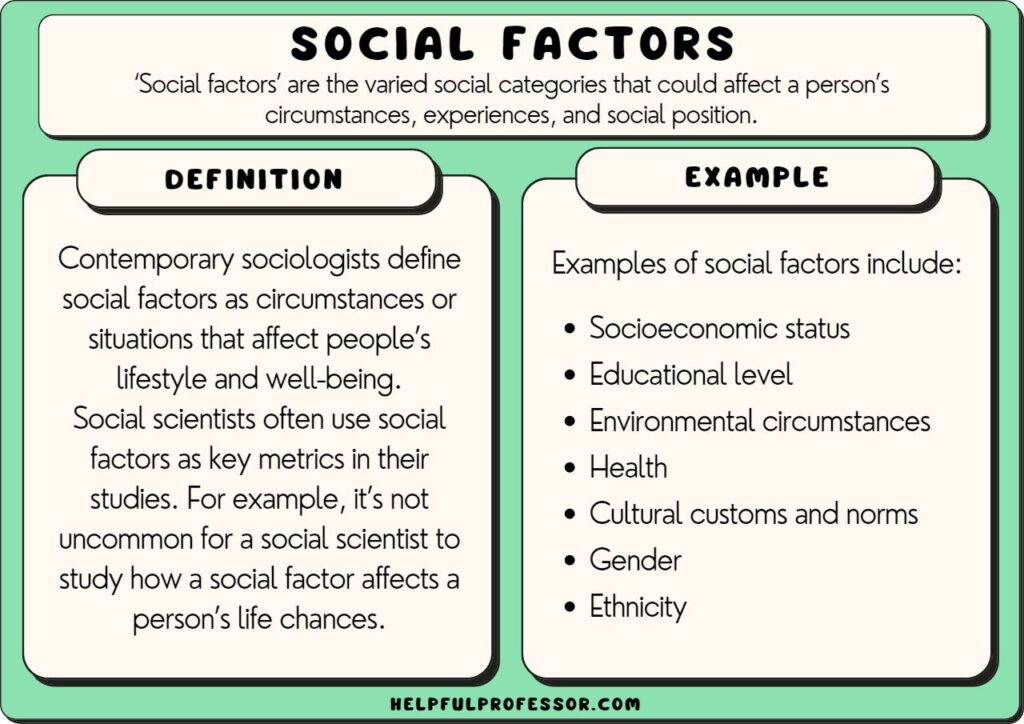
WHILE a rose by any other name can smell just as sweet, Shakespeare’s famous maxim doesn’t apply when it comes to tax-free savings plans. Our new research shows that people are more likely to choose a plan with the words “tax-free” in the title, regardless of the details in the small print.
Canada has two major tax-free savings plans that encourage people to put money aside for retirement and other expenses. Since its introduction in 2009, the Tax-Free Savings Account (TFSA) has become much more popular than the Registered Retirement Savings Plan (RRSP).
In our article in the Canadian Tax Journal, we show that the preference for TFSAs may be partly due to a psychological bias toward the term “tax-free.”
These two words are used as a mental shortcut—a heuristic—that people sometimes rely on when choosing a tax-free savings plan. People often use these heuristic cues when navigating complex situations because the alternative—a process known as “systematic processing”—requires more careful control and effort.
When the information being considered is overwhelmingly ambiguous or extensive, heuristic cues often win, suppressing systematic processing. This suppression of systematic processing can lead individuals to make suboptimal financial decisions because they may overlook important details and benefits of alternative savings plans.
Tax deferral vs. prepaid tax
The Canadian government introduced the RRSP in 1957 to encourage people to save for their retirement. It can be described as a tax-deferred account because contributions are tax deductible, while withdrawals are taxed.
The TFSA can be described as a tax-prepaid account because contributions are made with after-tax amounts and withdrawals are not taxed. Investment income is not taxed in either plan prior to withdrawal, meaning that investment income is earned tax-free for both the TFSA and the RRSP.
An optimal financial strategy would use both tax-free savings plans. The TFSA is ideal for most people for short-term savings, while the RRSP generally makes sense for long-term savings. This is because RRSP contributions are tax-deductible at an individual’s current tax rate, and taxes can be paid upon withdrawal, which is typically a much lower tax rate once the individual is retired.
But the TFSA has overtaken the RRSP in what’s known as the “crowding-out effect.” Since 2013, total TFSA contributions have actually far exceeded total RRSP contributions. Canadians’ savings in TFSAs, while fiscally prudent, can come at the expense of long-term savings if people forgo the RRSP.
Favoring the favorable heuristic signal
Canada, the United Kingdom and the United States are the only countries with both tax-deferred and tax-prepaid plans. However, Canada is the only country of the three with a favorable heuristic designation in either title.
This provided us with a natural laboratory to test the hypothesis that, all other things being equal, people are more likely to choose a plan with the term “tax-free” in its name.
To test this hypothesis, we conducted three social psychology experiments in which we asked participants to choose between a “tax-free account” or a “retirement savings account.” In total, we recruited 1,132 participants from Canada and 184 from the United Kingdom.
Different groups of participants had the names paired with short or longer descriptions that were either accurate or inaccurate. This allowed participants to engage in heuristic or systematic processing, or both at the same time.
If the savings plan name included “tax-free,” significantly more participants chose that plan compared to the alternative, regardless of what the plan description said. Whether the plan offered short-term or long-term savings, people generally chose the option with “tax-free” in the name.
In all three experiments, participants used the heuristic to guide their choice, rather than carefully examining the planning information.
Individual and systemic implications
Our research provides new and robust evidence on how decisions about tax-free savings plans can be biased due to a tax aversion heuristic. This bias can have both individual and broader implications.
An individual’s decision to save money can have long-term consequences for his or her retirement and personal financial situation. From an economic perspective, decisions about how your savings will reduce the total tax you pay over your lifetime should be based on current and projected future marginal tax rates, not heuristics.
Replacing short- to medium-term savings in TFSAs with long-term savings in RRSPs could increase Canadians’ financial insecurity during retirement and ultimately increase their reliance on government pensions and other government support.
On a broader scale, this preference for a “tax-free” plan could hinder the government from achieving its tax policy goals. If people disproportionately choose short-term savings because of the attractive “tax-free” heuristic in the name of the TFSA, and forgo long-term savings because the RRSP lacks this heuristic, these people may end up paying more in taxes. This is because RRSP contributions are tax-deductible, while TFSA contributions are not.
While financial education and advice can help people maximise their economic potential, our research shows that providing more information about a tax-efficient savings plan may not help overcome a heuristic bias.
The sweet temptation of ‘tax-free’ in a title suggests that governments should avoid choosing names for tax-free savings plans that carry a heuristic cue, whether favorable or unfavorable.
Leslie Berger is an associate professor at the Lazaridis School of Business and Economics at Wilfrid Laurier University; Jonathan Farrar is a professor of accounting at Wilfrid Laurier University; Ruth Pogacar is an associate professor at the University of Calgary’s Haskayne School of Business; and Lu Zhang is an associate professor of finance at Toronto Metropolitan University.
